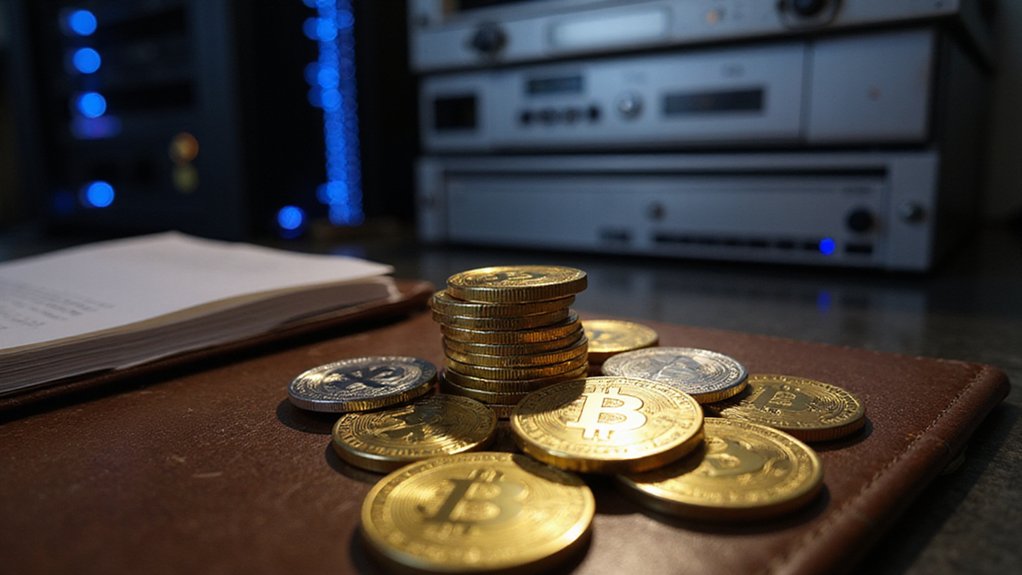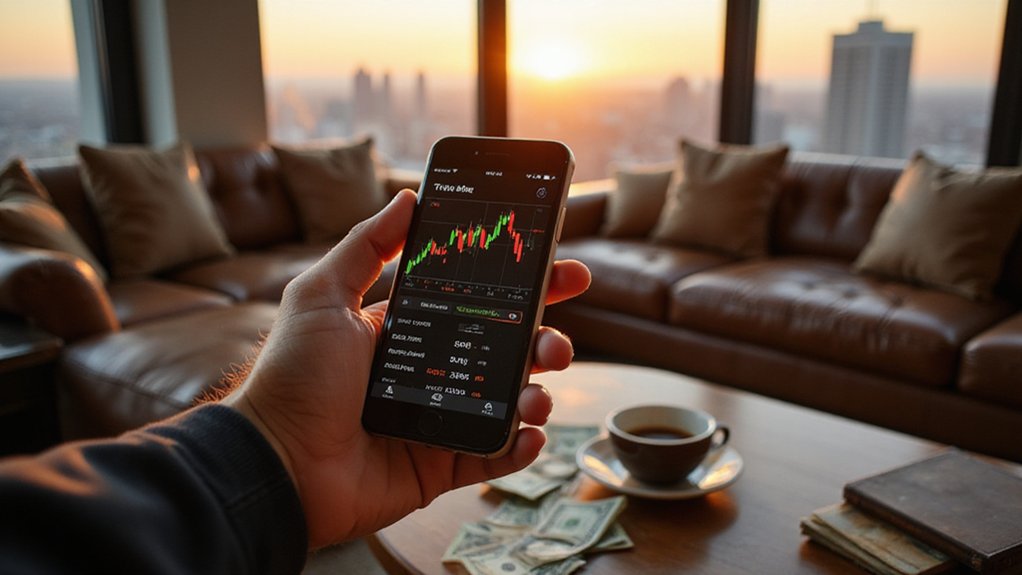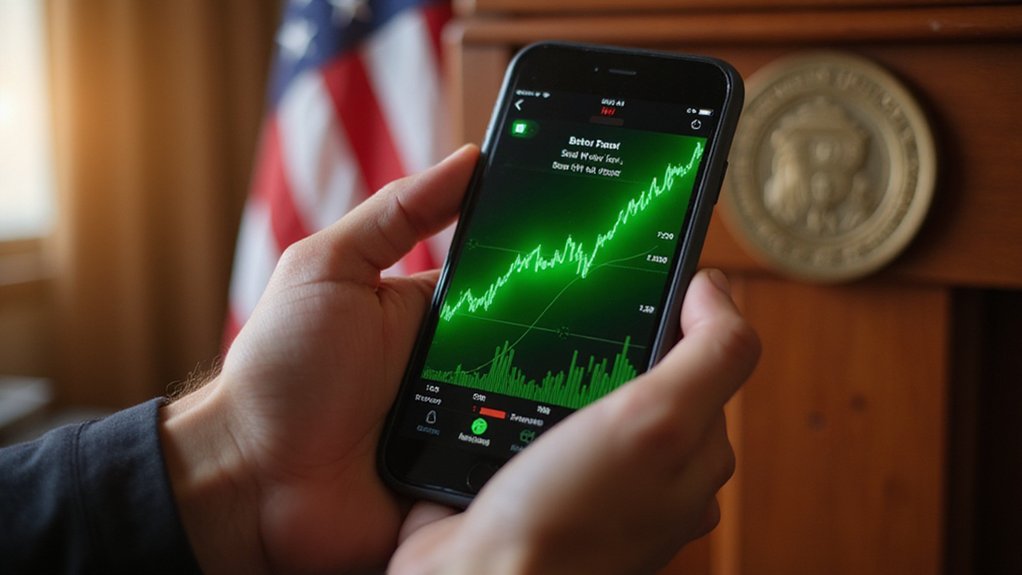The sight of a relatively obscure holding company’s stock surging 26% on news of a $600 million bet on decentralized perpetual futures might once have seemed like the fever dream of a particularly unhinged crypto maximalist, yet Lion Group Holding Ltd. (LGHL) managed to achieve precisely this feat when it announced its ambitious plan to construct what it boldly claims will be the world’s largest treasury of Hyperliquid’s HYPE tokens.
The credit facility, graciously provided by ATW Partners, represents more than mere speculative exuberance—it signals institutional capital’s growing comfort with Layer 1 blockchain protocols that offer zero-gas-fee perpetual trading.
This institutional embrace of zero-fee perpetual trading platforms marks a decisive shift from speculative dabbling to strategic DeFi positioning.
Hyperliquid’s $8 billion market capitalization and Harvard-Caltech-MIT pedigree apparently provide sufficient gravitas for serious money to take notice, though one might reasonably question whether academic credentials translate to sustainable tokenomics.
Lion Group’s shares reached $3.51 in midday trading, though investors should note this spectacular rally merely chips away at the stock’s brutal 63% year-to-date decline.
The initial $10.6 million deployment, expected within days, represents a cautious toe-dip into waters that could either validate the company’s DeFi pivot or provide expensive lessons in decentralized market dynamics. The company’s strategy mirrors the broader DeFi trend of liquidity mining, where platforms incentivize participation through reward mechanisms that attract institutional capital seeking yield opportunities.
The strategic inclusion of Solana and Sui holdings, managed through BitGo Trust’s institutional-grade custody services, suggests a portfolio approach rather than single-token speculation.
BitGo’s involvement adds institutional credibility while addressing the perpetual concern about digital asset security—a consideration that becomes rather pressing when managing nine-figure treasuries.
Perhaps most intriguingly, Lion Group’s exploration of Asian stock listings in Tokyo and Singapore positions the company to become the first publicly traded Asian entity with a Hyperliquid-focused treasury.
This geographic arbitrage between traditional Asian capital markets and cutting-edge DeFi infrastructure could prove prescient, assuming regulatory frameworks evolve favorably. CEO Wilson Wang’s conviction that on-chain execution represents the future of trading underscores the company’s strategic bet on decentralized market infrastructure.
Eyenovia’s separate $50 million Hyperliquid treasury announcement reinforces the emerging institutional narrative, though whether this represents genuine strategic foresight or fashionable asset allocation remains to be determined.
The confluence of traditional corporate structures embracing decentralized derivatives platforms creates fascinating tensions between regulatory compliance and DeFi innovation—tensions that will likely define the next phase of institutional crypto adoption. This initiative forms part of Lion Group’s broader relaunch of crypto operations following its strategic shift toward digital assets as a core business focus.









